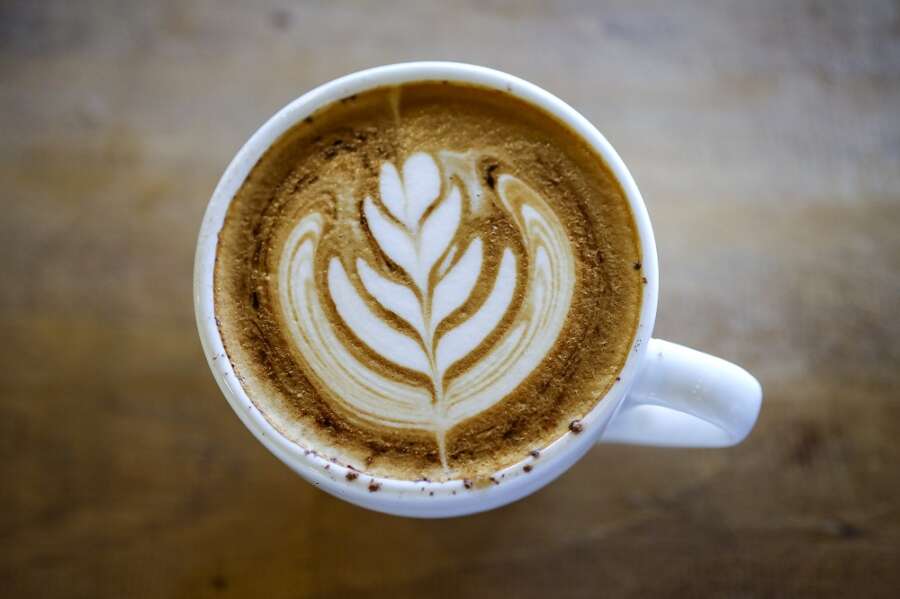
By Jacqueline Junke, UK Market Lead at Appinio
With winter nights looming and the return of the pumpkin spiced latte on the horizon, coffee is more popular than ever. We recently surveyed 1,000 Brits aged 16-65 on their attitudes and consumption of coffee to find out more about why this is and, for starters, discovered that as a nation we drink 2-3 cups of coffee per day on average. Caffeine has always been the fuel of thriving city workers and the capital city is no different, with Londoners spending around £2 more in coffee shops than the rest of the UK. So, why is coffee increasingly the drink of choice for Brits and Millennials in particular?
Alcohol consumption has been on a steady decrease in recent years especially in younger people. In fact, more than 56% of 18- to 24-year-olds think consuming one or two drinks a day is “harmful”, compared with 31% of those aged 65 and over. Therefore, it wasn’t a huge surprise to see $20bn drinks company Asahi diversifying their offer and entering the coffee market, by acquiring Allpress Espresso.
Perhaps this is why coffee is a strong substitute for a tasty tipple. The rise in coffee art and ‘Instagram-able’ coffee shops provides some explanations for this, as our research showed that half of Londoners frequently shop at independent cafes compared to 38% for the rest of the UK. This preference for aesthetically pleasing coffee is supported by the growing number of younger, urban consumers regularly purchasing freshly roasted beans from specialty roasters.
Specialty coffee has been a global trend for years, offering more refined drinking experiences to coffee lovers and filling Instagram feeds with content from coffee influencers. TikTok has dominated coffee trends over the last year from tutorials on making your favourite Starbucks drink at home to the impressive DIY coffee stations people have been creating in their kitchens. The whipped dalgona coffee craze that arose on TikTok during lockdown is just one example of how the social media platform influences consumers, especially in relation to coffee trends. Since last spring, #coffeewhip videos have received almost 13 million views and a recent study by TikTok found that 71% of users believe the biggest trends start on TikTok.
Milk is another area of obvious consumer shifts, particularly with the growing pressure of climate change and the emphasis on sustainable alternatives. 3 in 10 Brits use plant-based milk in their coffee with oat and almond milks being the most popular choices at 51%. Alpro is the nation’s favourite plant-based milk brand with over half of Brits preferring it compared to Oatly at just 24%. Although regular cow’s milk remains the most popular addition to coffee at 74%, with 28% of Brits enjoying their coffee black. It appears that plant-based milk is preferred amongst younger consumers but, interestingly, a classic Espresso is also popular with young people as 61% of 18-34 year olds like one compared to 41% of those over 35.
Over half of Brits only drink coffee at home or work and with more time spent at home during the pandemic, people are experimenting with different methods of home brewing. 1 in 4 of us now have a machine that uses coffee pods. Espresso machines still account for 1 in 5 of us and could be on the rise with more people attempting ‘Instagram-able’ coffee art at home, possibly in an effort to keep up with the latest social media trends. Price was found to be the most influential factor in home brewing choices for Brits at 71% but flavour notes came in at a close second at 42% and roast level at 37%. The research also found that Brits don’t necessarily know what processing or roast level they prefer but that 4 in 5 just love to drink coffee.
Understanding how coffee drinking and preparation habits have evolved across the UK after a year of brewing from home is essential learning for brands in knowing how to target relevant audiences and identify the most effective communication methods to connect with consumers. Monitoring how these behaviours evolve over time will enable brands to predict consumer behaviour by getting ahead of popular coffee trends.


